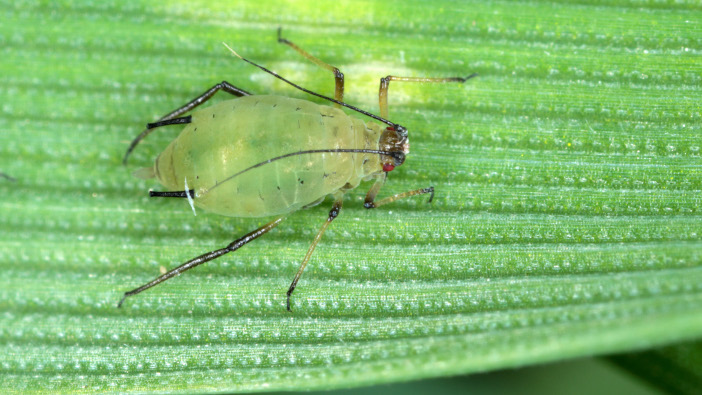Sugar beet growers are being reminded to look at neonicotinoid alternatives for sugar beet, following Defra’s refusal for emergency authorisation of Cruiser SB.
According to Orion, biological alternatives have shown promising results in trials, including the silicon-based product Sirius.
“Sirius, a biostimulant with 21% bio-available silicon, was trialled in 2022 and has since been used by growers in the UK to help strengthen sugar beet plants against damaging virus transmission,” explains Orion agronomist Mike Stoker.
Whereas Cruiser SB provided seed protection against the potato peach aphid and the yellows virus, Sirius strengthens the cell walls of the plant and increases leaf hair density to make the plant less appealing to pests.
“This approach, alongside common insecticides including Tepppeki and Insyst, has shown a significant reduction in virus transmission. By accumulating more silicon, the plant becomes less attractive to pests and combining this with aphicides offers an attractive alternative to using Cruiser SB,” he says.

Minimal losses
According to the decision to deny the use of Cruiser SB from Emma Hardy, Minister for Water and Flooding, as well as for pesticides, yield losses in 2019 and 2021, when it was not available, were minimal (0.5%).
She accepts a freak rise to 25% crop losses in 2020 occurred when the treatment was unavailable, but notes that losses from 0.3-1.7% occurred when Cruiser SB was available for the 2022-24 seasons.
“Relying solely on seed treatments is not a sustainable way to farm sugar beet in the UK, nor has it necessarily provided the level of protection expected. There are alternatives, and concentrating on strengthening plants using naturally available solutions like silicon are sustainable and efficacious,” adds Mike.
“The data we have gathered from multiple sources, field application, replicated plot trials and lab studies has demonstrated not only why a silicon treated crop is more resilient, but also how increasing silicon levels in the plant can have a positive impact on quality and yield.”



